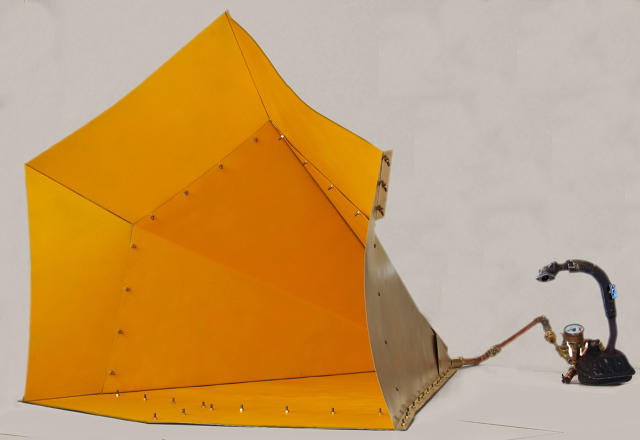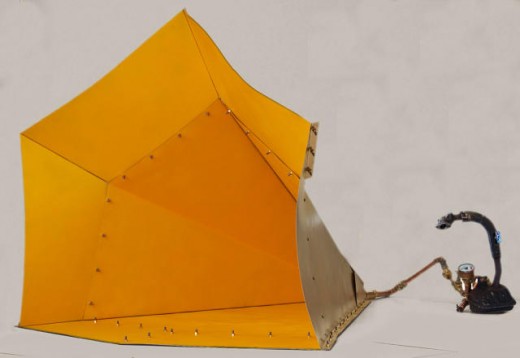The Cars Of The Future Will Make Music Instead Of Noise
What if you could participate in an interactive symphony from your driver’s seat?
It can be disconcerting to ride in an electric car. There’s no soothing lull of engine noise. But future roads filled with electric cars won’t be silent, as new laws force manufacturers to add sounds loud enough for pedestrians to hear.
Instead of fake engine noises, one designer thinks traffic should make music instead.
Designer Marta Santambrogio headed to India to test her concept, called the “fuzzy logic” orchestra, on some of the busiest streets on the planet. “It represents the most extreme of my ‘more people, more noise’ scenarios,” says Santambrogio. “Indian traffic is an icon in terms of the future of noise in increasingly overpopulated urban areas.”
She partnered with Delhi musicians to create library of local music samples from Indian instruments like the tabla and the shehani, a type of flute. She envisions adding these samples to each vehicle on the road, creating the possibility for on-street jamming.
The result wouldn’t be a typical song with a beginning and end, but a random, harmonic collection of sounds. “As a passenger, you are not supposed to be listening to a complete music piece, like you would in your car’s iPod,” she says. “You are supposed to embrace and partcipate in a musical extravaganza, informed by the specific driving path you take, and those whom you cross along the journey.”

The same concept could be adapted for other local tastes and infrastructure. On roads in Europe or the U.S., where there’s less traffic and more predictable driving patterns, the designer suggests that roads could become responsive, creating new sounds as sensors in cars drive over. Pedestrians waiting at crosswalks could push buttons to vote for the music they want to hear as they cross. “We open a broad range of unexplored creative opportunities,” says Santambrogio.
As more cars become self-driving, making music could become something that passengers stuck in traffic could do. “In terms of health and well-being, making music is documented to trigger more areas of our brain than any other known stimulus, because it requires coordination but also excites our reward centers,” she says. “Such approach would be revolutionary for traffic, a typical source of stress.”
While other sound engineers and designers have tried to tackle the issue of noise pollution, Santambrogio says the usual approach is silence. “I do not believe in a silent future,” she says. “I do not believe in overpopulated cities with millions of individuals wearing noise-canceling technologies. Life makes noise, and music is a better noise.”
Fast Company , Read Full Story
(176)



